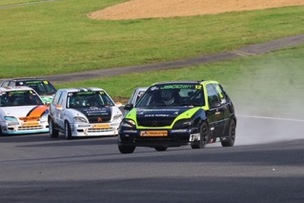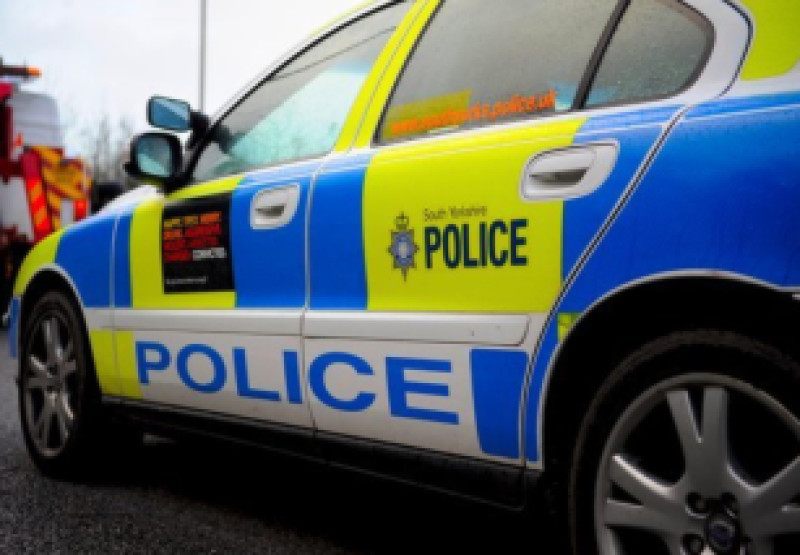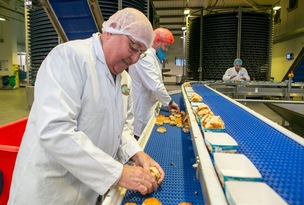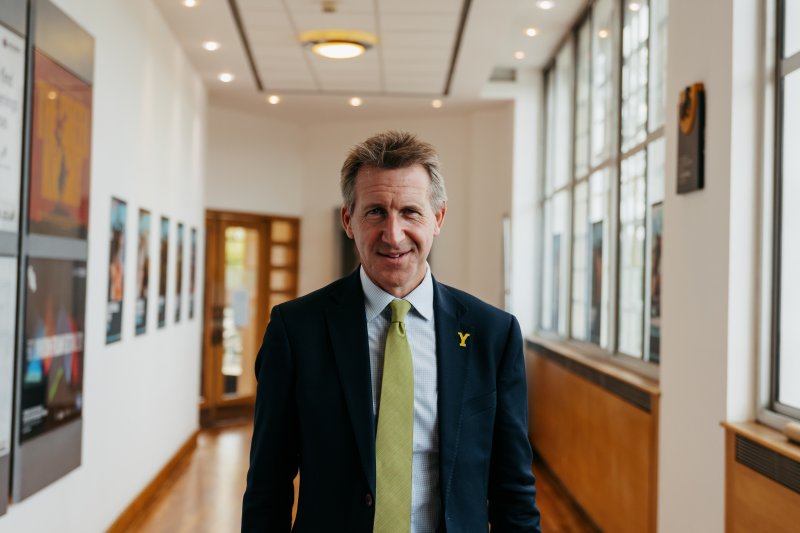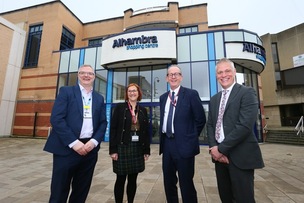NEW state-of-the-art ‘black box’ technology is to be installed in all South Yorkshire Police vehicles in a move which is expected to result in big financial savings for the force - by helping to identify the transport they do not really need.
It is also expected the new information will result in reduced fuel bills, servicing costs and bring about a smaller number of collisions involving the force’s cars and other vehicles.
All South Yorkshire Police cars are currently fitted with black box systems which record how the vehicle has been used in the moments leading up to a collision.
That is helpful for accident investigators, but the new system will go much further by using technology only now becoming available - allowing the full fleet to be managed to a detailed level, meaning underused vehicles can be identified and unnecessary journeys also flagged up.
It is estimated the information provided could help achieve a reduction in fuel bills of up to 14 per cent, with a five per cent reduction in servicing bills.
Crash repairs could be cut by as much as 25 per cent, research suggests, resulting in a potential overall saving of more than £250,000 a year.
The force’s director of resources, Nigel Hiller, told a meeting of Police and Crime Commissioner Dr Alan Billings’ public accountability board: “It enables us to assess what the real need of the fleet is.
“There are all sorts of urban legends about vehicles being in car parks, not being used.”
According to a report submitted to Dr Billings, where the technology has been used elsewhere there have been improvements in driver behaviour due to its ability to record harsh braking, cornering and speeding.
Because it uses automatic driver recognition, there is no need for drivers using pool vehicles to fill in a log book, because managers ‘will know exactly who has driven the vehicle at any point in time’.
“This will reduce time spent by officers on this activity, reduce queries/
disputes, and provide a more accurate audit trail.
“The reduction in fuel through unnecessary journeys and/or idling will have a positive impact on the environment,” Dr Billings was told.


